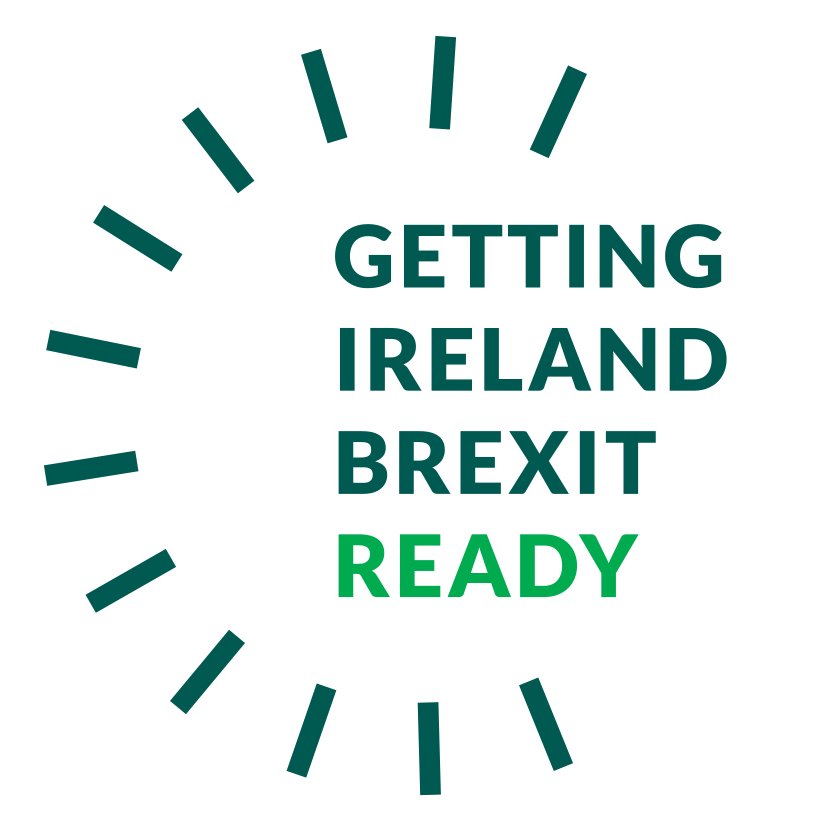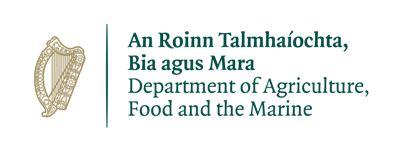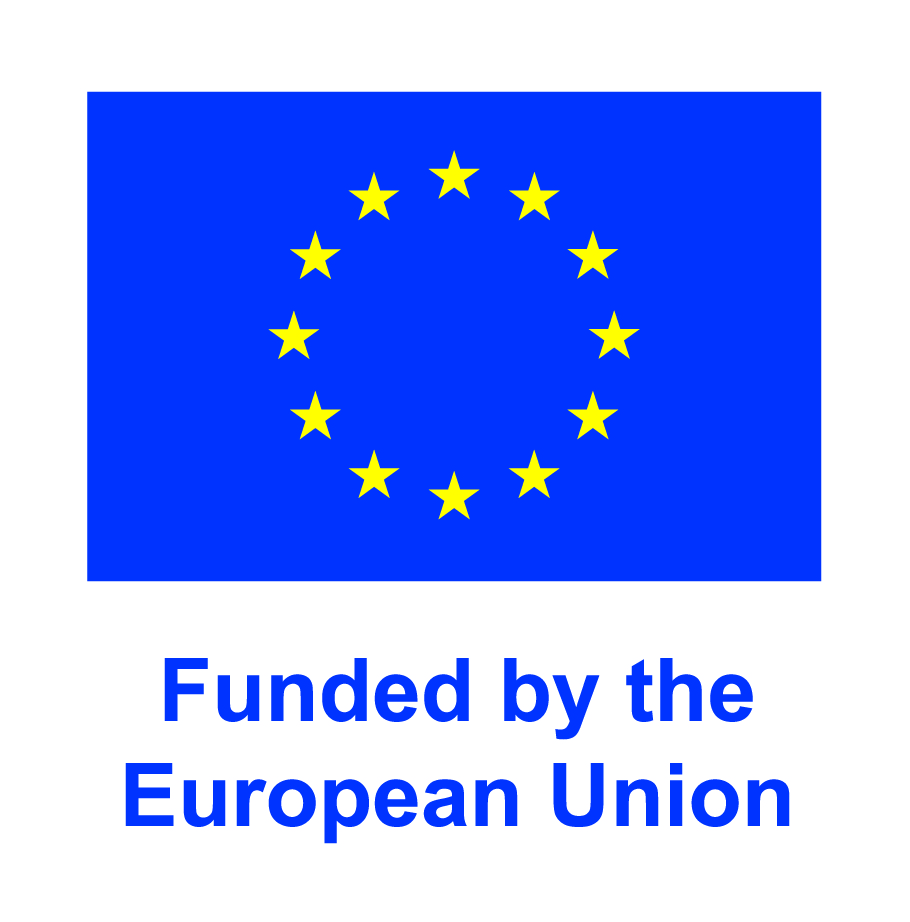This website uses cookies so that we can provide you with the best user experience possible. Cookie information is stored in your browser and performs functions such as recognising you when you return to our website and helping our team to understand which sections of the website you find most interesting and useful.
Strictly Necessary Cookie should be enabled at all times so that we can save your preferences for cookie settings.
- Cookie acceptance: this cookie is used to remember a user’s choice on bim.ie Where users have previously clicked “I agree” on our cookies pop-up, that user’s preference will be stored in this cookie. Read our Privacy notice.
- Google reCAPTCHA: we use Google reCAPTCHA service to protect our website from spam and abuse. Read Google’s Privacy Policy website.
If you disable this cookie, we will not be able to save your preferences. This means that every time you visit this website you will need to enable or disable cookies again.
Universal Analytics (Google):BIM does not use location tracking to review or store any visitor’s IP Address. However, BIM does use Google Analytics to identify the country you are visiting us from. This is anonymous data and will not be stored unless we obtain your consent . Consent for the use of the cookie that stores this information can be accessed through our manage consent tool.
Please enable Strictly Necessary Cookies first so that we can save your preferences!





